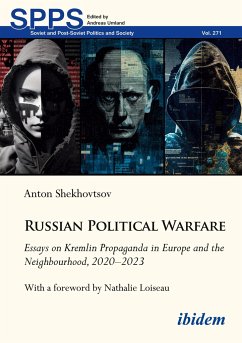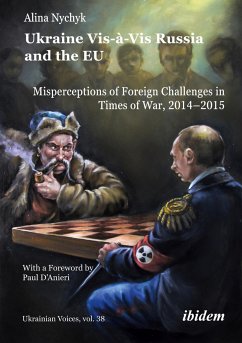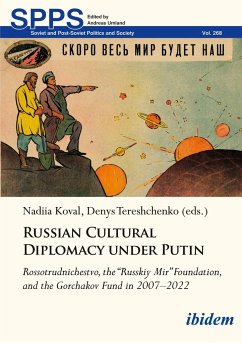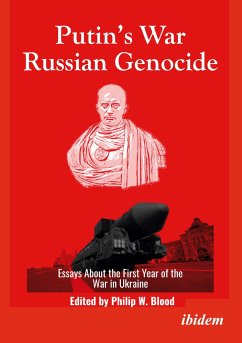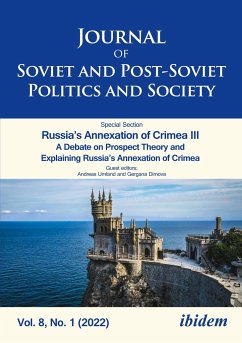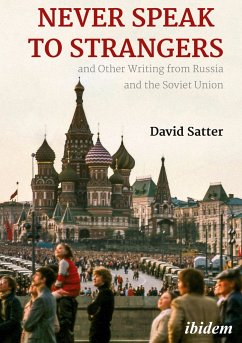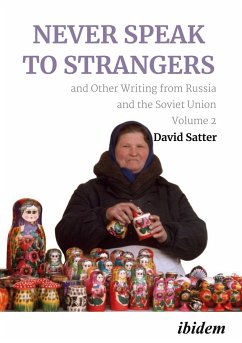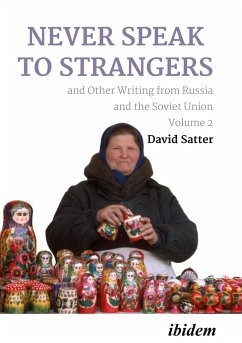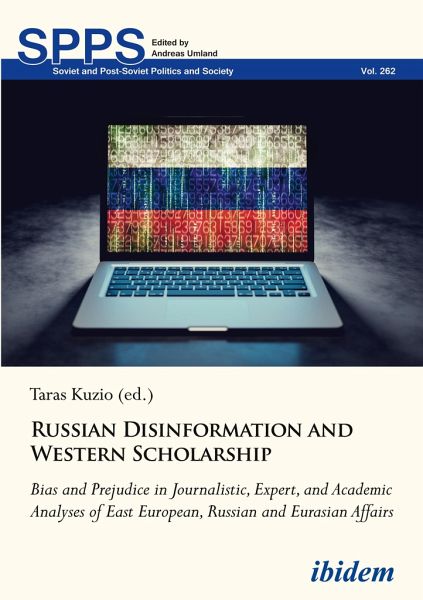
Russian Disinformation and Western Scholarship
Versandkostenfrei!
Versandfertig in 6-10 Tagen
34,90 €
inkl. MwSt.

PAYBACK Punkte
0 °P sammeln!
Western academics, experts, and journalists specializing in Eastern Europe, Russia and Eurasia have grappled with two fundamental analytical crises in connection with the 1991 disintegration of the USSR and Russia's 2014 invasion of Ukraine. Both crises were brought about by a similar lack of understanding of Moscow's inability to view its neighbors, in particular Ukraine, as not possessing sovereignty and not treating them as independent states. Typically, they downplayed the historic and current role of Russian imperialism and nationalism.The book's contributors investigate how the Kremlin's...
Western academics, experts, and journalists specializing in Eastern Europe, Russia and Eurasia have grappled with two fundamental analytical crises in connection with the 1991 disintegration of the USSR and Russia's 2014 invasion of Ukraine. Both crises were brought about by a similar lack of understanding of Moscow's inability to view its neighbors, in particular Ukraine, as not possessing sovereignty and not treating them as independent states. Typically, they downplayed the historic and current role of Russian imperialism and nationalism.The book's contributors investigate how the Kremlin's recent turbo-charging of Russia's information warfare, 24-hour TV, and social media activity has expanded on traditional pro-Russian sentiments among Western academics, experts, and journalists. The authors analyze the downplaying of Russian nationalism, misinterpretations of the 2014 crisis, sympathetic portrayals of Crimea's occupation, and the use of the term "civil war" rather than "Russian-Ukrainian war" for the Donbas conflict in academia as well as the think tank world and media in the UK, Germany, Poland, Czech Republic, Japan, USA, and Canada.



